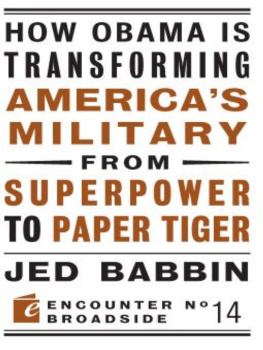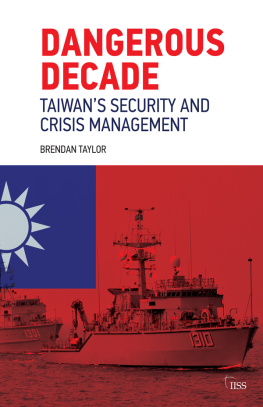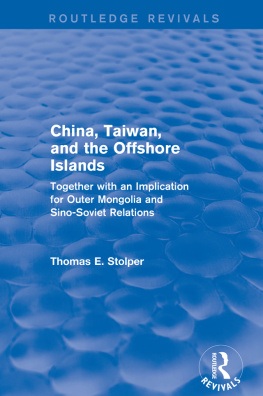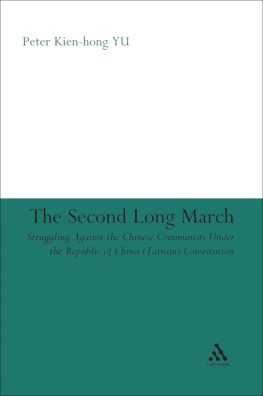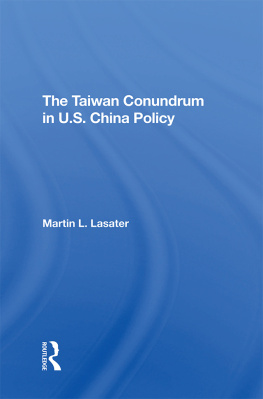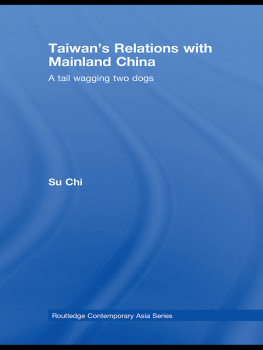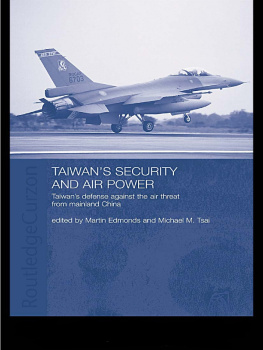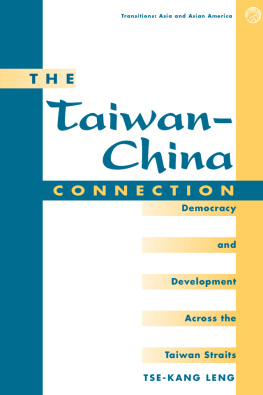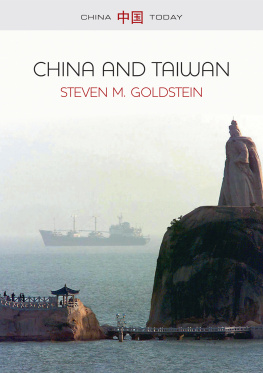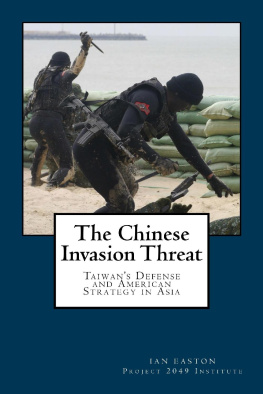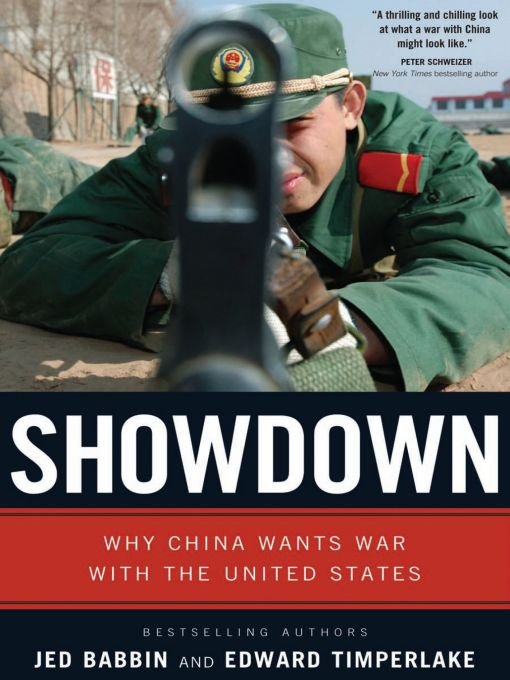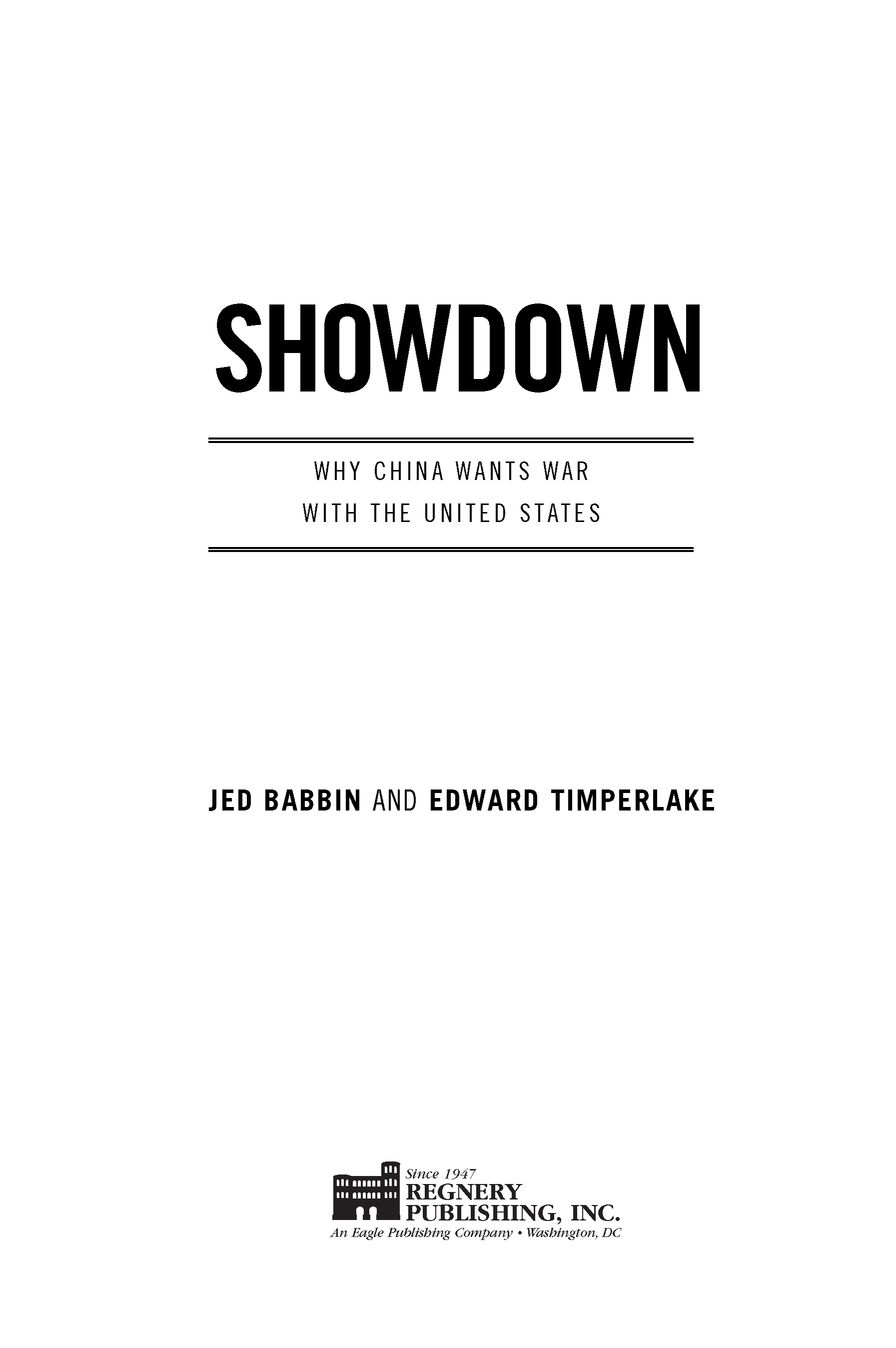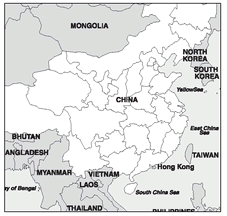Table of Contents
We dedicate this book to those who died in Tiananmen Square on
June 4, 1989. In the hope that their sacrifice was not in vain, we have
written this book to illuminate the challenge to freedom that the Pacific
Cold War, and the Beijing regime, pose for us and our children.
CHAPTER ONE
THE NEXT WAR
China? There lies a sleeping giant. Let him sleep! For when he wakes, he will move the world.
NAPOLEON BONAPARTE
IT TOOK HALF A CENTURY FOR THE UNITED STATES to win the firstthe EuropeanCold War. That it did so without having to resort to open warfare with the Soviet Union is a tribute to the fact that neither of the superpowers was compelled by ideology or politics to make that cold war a hot one. The fact that both nations emerged as superpowers at roughly the same timewith the horrors of World War II fresh in their mindsimposed a historic equilibrium that was later reinforced by the threat of mutually assured destruction. China, an emerging superpower, is not governed by that equilibrium. It is now engaged in a second cold war, the Pacific Cold War, with the United States. This war might last as long as the European Cold Warand it is much more likely to turn into a hot one.
Our adversary, China, is either an emerging capitalist colossus with peaceful intentions or the most powerful and dangerous enemy we have faced since the collapse of the Soviet Union. China exhibits two faces to the world. One can be seen in Major General Zhu Chenghu, a dean at Chinas National Defense University. In July 2005, General Chenghu, speaking in the context of a conflict over Taiwan, said that if America interfered militarily in any conflict between Beijing and Taiwan, China would make a nuclear first strike on America. He also declared that China would be prepared to absorb the destruction of most of its cities in a nuclear exchange that would wipe out hundreds of American cities. At the opposite pole are the endless professions of peaceful intent that come from Chinas leaders, including its president, Hu Jintao.
With nations, as with people, actions are the best barometers of future behavior, and Chinas actions demonstrate hostility toward the United States. The Pacific Cold War is being fought from the oil fields of the Middle East, Africa, South America, and the Far Eastwhere Chinas presence is growingto the seas around Taiwan, in diplomatic battles at the United Nations, and in a public propaganda war. China faces no military threats, yet is engaged in a military buildup that is larger and more intense than anything the world has seen since Nazi Germanys mad dash for arms in the 1930s. It implies a similar momentum toward war. Chinas cold war against America will almost certainly become a shooting war within the next ten years.
China pursues war without provocation. America has welcomed China as a trading partner, but we cant close our eyes to the military threat it poses. It is a threat we must deter if we can and defeat on the battlefield if we must.
What might a war with China look like? Thats what this book is about. Using a series of scenarios, told much like short stories in Chapters Two through Seven, we hope to illustrate how wars with China might break out and be fought based on Chinas history, capabilities, and intentions. The crises we portray might happen singly or together, next year or five years from now. But they will, we believe, come to passnot because they are inevitable, but because Chinas chosen route to power leads inexorably to them. If we can explain in vivid terms how war is likely to occur, perhaps America and its allies can find ways to avoid it through diplomacy, containment, and deterrence.
If war does become reality, it will be because China has chosen, clearly and decisively, to make war on America, its allies, and its interests. It will not be an accident, the result of an economic clash or a misunderstandingand our diplomatic efforts need to bear that in mind. We believe that China has already decided in favor of war. The challenge for American diplomacy is to reverse that choice, to convince China that a war against America, its allies, or its interests will not be won quickly or decisively by China.
Whatever the precipitating event that triggers warbe it Chinas aggression against Taiwan, North Korean proliferation of nuclear weapons, or any one of a host of other possibilitiesthis war will not wait until the global war against Islamic terrorism is over, until Americas economy is protected from the use of oil as a weapon, or until we decide our own political future in a presidential election. This war will begin when China decides the time for it has come. And unless we are very lucky, very smart, and very resolute in our preparations, it will be as massive in loss of life and economic damage to America and the world as either of the two world wars of the last century.
AMERICAS NEW PARTNER?
The Communist Chinese have gauged well how to liberalize the Chinese economy while maintaining Communist control of the government. To quote the Tiananmen Papers: So long as the[se] demands for acknowledging the Partys mistakes during Tiananmen continue to be rejected, the Chinese regime is not the liberalizing, corporatist, consultative or soft authoritarian system that many in the West make it out to be.... It has learned that many areas of freedom are unthreatening to the monopoly of political power. But the Party also believes it has learned from Tiananmen that democratization is not an irresistible force.
The New York Times and most of the mainstream media, however, continue to believe that China is liberalizing and intent on improving its ties with the United States. A November 2005 New York Times headline characterized China and America as Partners, if Not Friends. That would be news to totalitarian Beijing.
The British magazine the Economist reported, on November 19, 2005, that Hu Jintao, Chinas president, has a favorite phrase these days: harmonious world, where countries of different outlooks live together in peace. But the government-controlled Chinese media have made it clear that [Hus] harmonious world is part-rebuff to American hegemonism.... The implication is that China, as an emerging power at odds with American ideology, would be a beneficiary of a world order in which American power is constrained.
Meanwhile, China is facing enormous challenges at home. These challenges are the flip side of its phenomenal economic growth, which began when it started liberalizing its economy in 1978. And there is no question about how China responds to unrest and instability: China is a police state; it is the world leader in executions; it is the worlds most successful blocker of the Internet; and its leader, Hu Jintao, came up through the Communist Party ranks and cut his teeth on suppressing Tibet (and supported the Tiananmen Square massacre).
Nationalism is rapidly replacing Maos Little Red Book as the popular ideology of the Chinese, and the Beijing regime is inflaming it as a way to enhance the Communist Partys power and prestige. Nationalism easily leads to war, especially when it is linked to material needin Chinas case, a need for oil.


